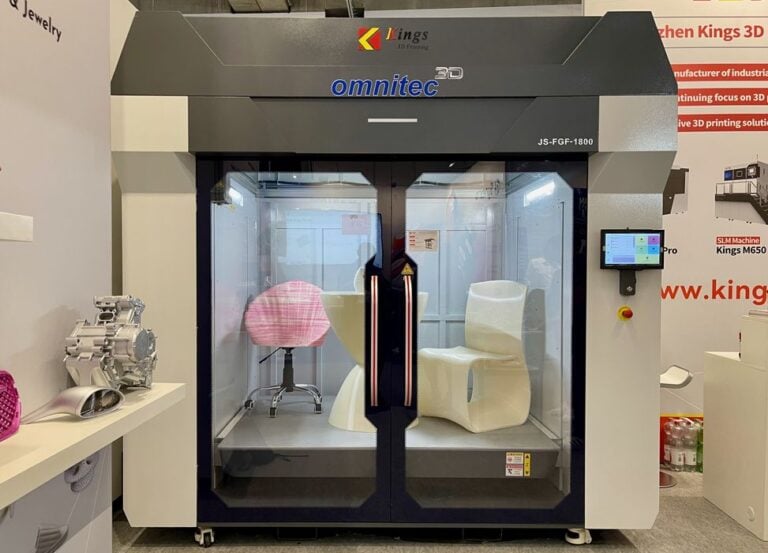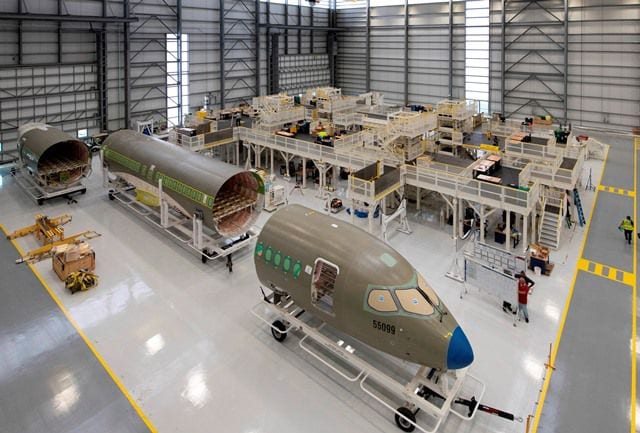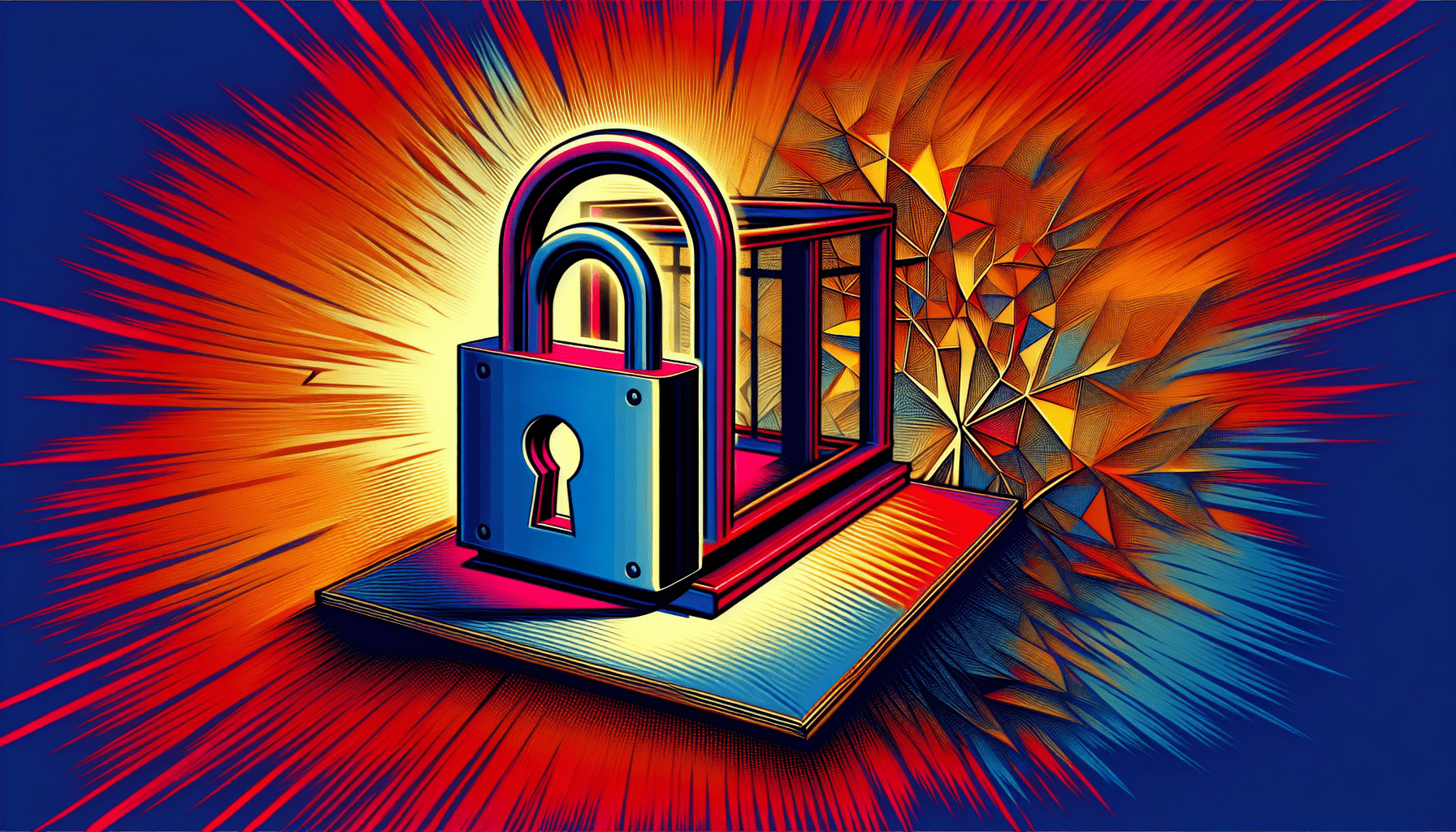Bambu Lab A1 Mini 3D Printer, Support Multi-Color 3D Printing, Set Up in 20 Mins, High Speed & Precision, Full-Auto Calibration & Active Flow Rate Compensation, ≤48 dB Quiet FDM 3D Printers
$399.00 (as of June 17, 2025 23:14 GMT +00:00 - More infoProduct prices and availability are accurate as of the date/time indicated and are subject to change. Any price and availability information displayed on [relevant Amazon Site(s), as applicable] at the time of purchase will apply to the purchase of this product.)Have you ever wondered how the world of digital art is responding to the rapid advancements in artificial intelligence? The landscape of creative software is dramatically shifting, and Procreate’s recent bold declaration has grabbed the spotlight.
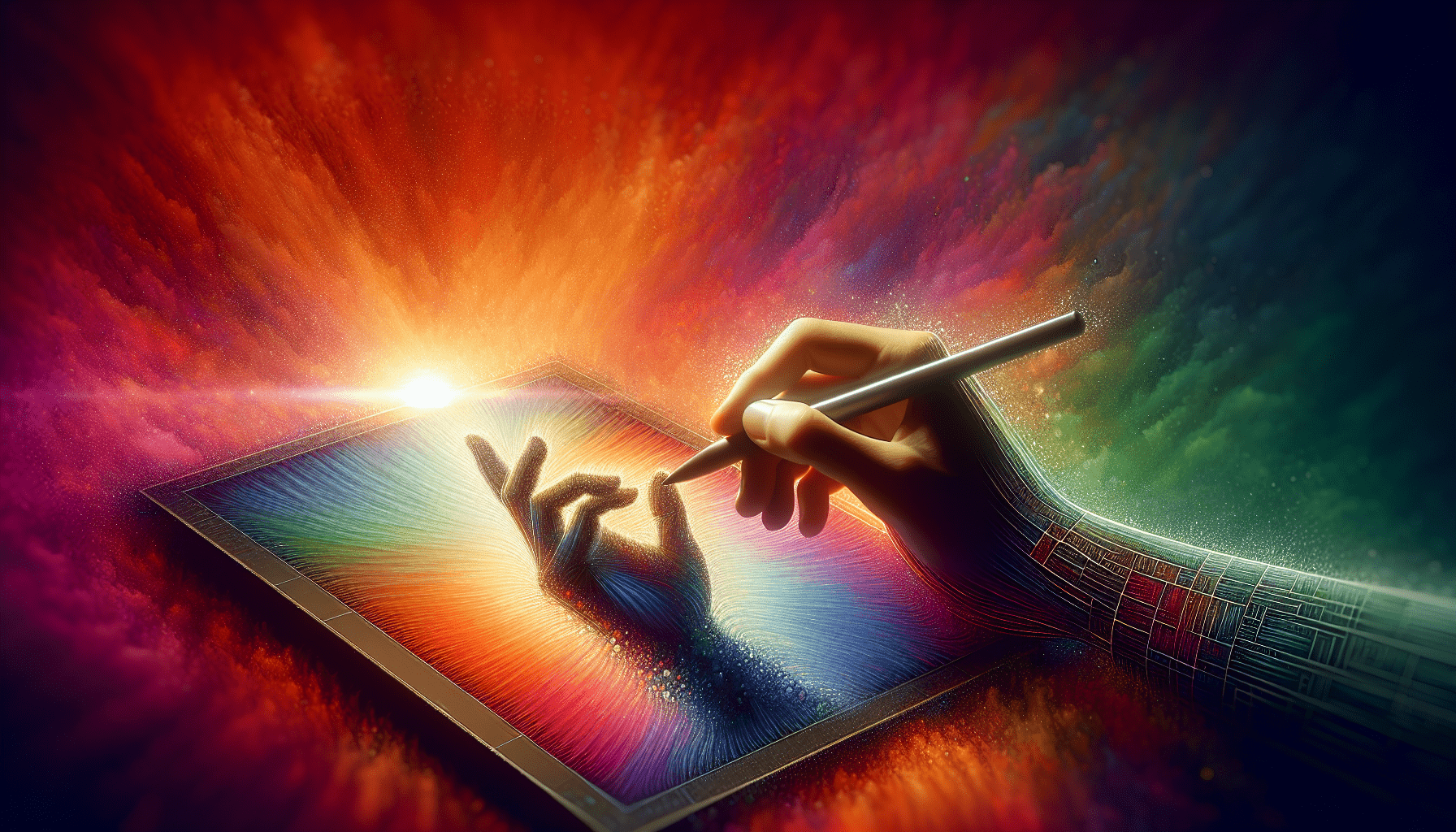
$30 off $400+ Anycubic Products with code AC30OFF
Procreate’s Stance on Generative AI
Throughout 2024, digital art companies have been vocal about their positions on AI, attempting to balance advancing technology with the integrity of the creative process. Procreate, a leading app in the digital art community, has made waves with its recent statement. The team behind Procreate has taken a firm stand, stating unequivocally, “We’re never going there. Creativity is made, not generated.” This declaration has resonated deeply with their user base and the wider creative community.
The Core Message: Creativity Should Stay Human
In their detailed statement titled “AI is Not Our Future,” Procreate didn’t mince words. They emphasized that generative AI, although built on sophisticated machine learning technologies, undermines the human essence of creativity. According to them, the current trajectory of AI threatens to lead us towards a “barren future,” devoid of true artistic expression. This stance stems from a belief that creativity arises from human experiences, emotions, and thought processes—something that AI, no matter how advanced, cannot replicate.
Reaction from Procreate Users
The community around Procreate has overwhelmingly supported this position. Many artists feel that AI, with its ability to generate art, could diminish the value of human-created pieces, reducing them to mere outputs of an algorithm. The fear is that AI-generated art could overshadow human creativity, rendering manual artistic skills obsolete.
A Strong Statement from Procreate’s CEO
Procreate’s CEO, James, didn’t hold back in a video statement where he expressed his personal feelings about generative AI, going so far as to say, “I really f*cking hate generative AI.” This blunt declaration has struck a chord with many digital artists who share similar concerns about the direction in which AI is taking the art world.
The Digital Art Industry’s Uneven Embrace of AI
While Procreate has drawn a clear line in the sand, other companies have had mixed receptions from their users regarding AI integration. Adobe, for instance, has publicly committed to ethical AI usage but has faced backlash from the artistic community for certain AI-powered features.
Mixed Reactions to AI Integration
Adobe’s attempt to incorporate AI in a way that benefits artists hasn’t always been well-received. Despite their efforts to reassure users of their ethical considerations, many artists feel that AI tools in Adobe’s software jeopardize the authenticity of their work. The criticism largely focuses on the concern that AI could replace the need for human creativity and skill.
How Procreate’s Approach Differs
In contrast, Procreate’s outright rejection of AI in their creative process has garnered positive feedback. Artists appreciate that Procreate respects and empowers them, rather than potentially exploiting their work with AI technologies. This stance not only preserves the value of human creativity but also fosters a sense of community and trust.
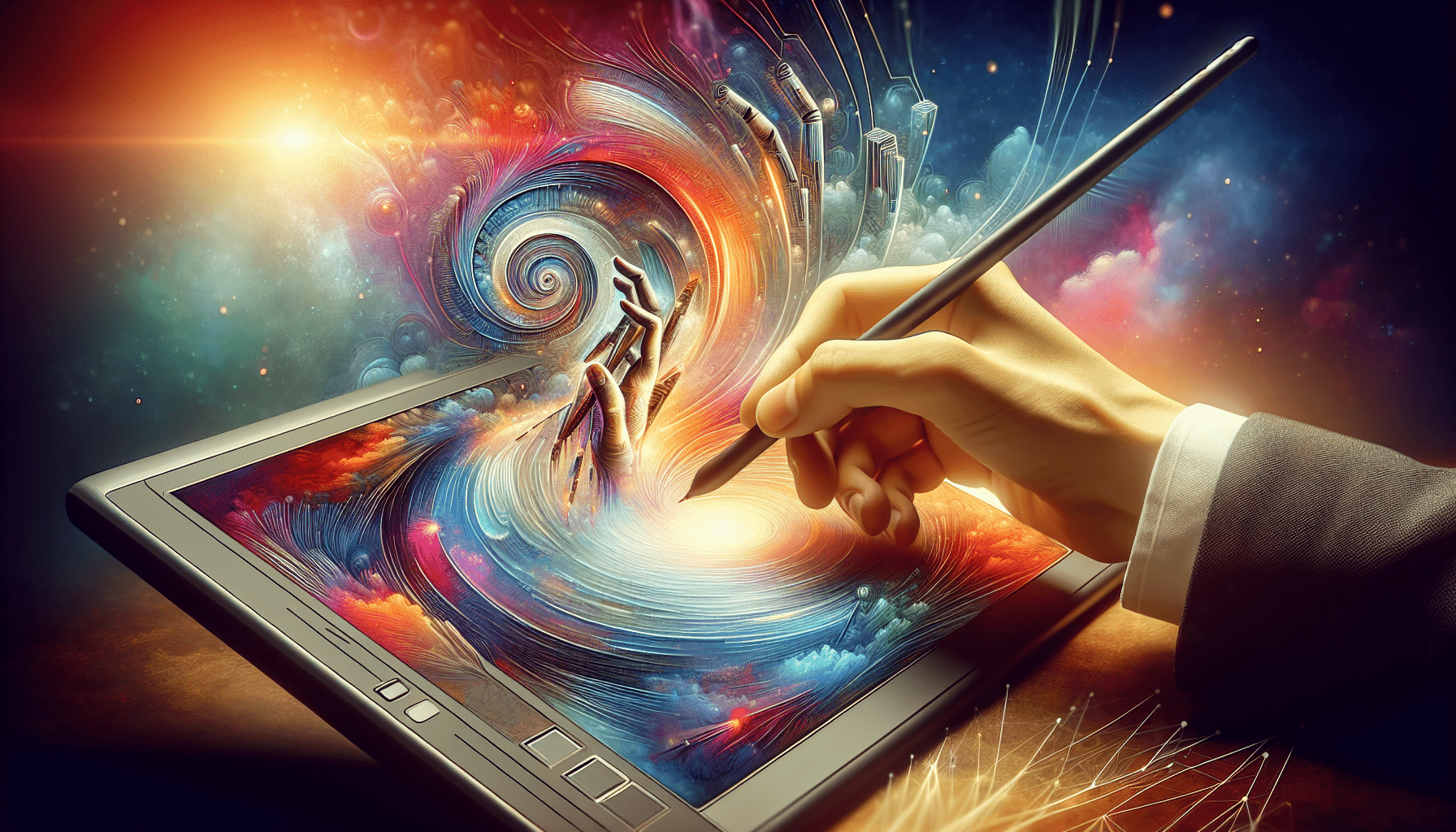
Buy Photon Mono M5 Get Free 1KG Resin
The Ethical Dimensions of Generative AI
A significant part of the debate around AI in art revolves around the ethics of generative technologies. Procreate has explicitly stated that generative AI is built on “a foundation of theft,” referring to how many AI models are trained using existing works of art without their creators’ consent.
The Moral Threat to Creativity
Procreate argues that AI’s reliance on vast datasets of existing artwork poses a “moral threat” to creativity. They believe that this technology steals rather than builds upon human-created art, diluting the authenticity and originality that are the hallmarks of true artistic expression.
Community Perspectives on Ethics and AI
Digital artists have voiced strong opinions on this issue, with many agreeing that AI’s ability to produce art based on pre-existing works raises serious ethical concerns. They argue that this practice infringes on intellectual property rights and undermines the creative efforts of original artists.
Procreate’s Future Vision
While the digital art landscape rapidly evolves with new technologies, Procreate’s vision remains steadfast. They see the “road less travelled” as their path forward, one that eschews generative AI in favor of fostering human creativity.
Commitment to Human-Centric Technology
Procreate believes that their decision to reject generative AI aligns with their core mission to support and uplift human artists. By focusing on human-centered technology, Procreate aims to cultivate a creative environment where artists can thrive without the interference of AI.
Anticipated Impact on the Creative Industry
This brave stance by Procreate is expected to have ripples across the creative industry. As one of the leading brands in digital art, their rejection of AI could influence other companies to reevaluate their strategies. Whether this will spark a broader movement away from AI remains to be seen, but Procreate’s position is certainly setting a powerful example.
The Broader Implications for AI and Creativity
The debate around AI in art isn’t just limited to Procreate. It opens a larger dialogue on the future of creativity and the roles humans and machines will play.
Generative AI: A Double-Edged Sword
Generative AI undeniably offers powerful tools that can enhance creative processes, automate tedious tasks, and open new artistic possibilities. However, its integration into art software also presents risks—chief among them the potential devaluation of human skill and the ethical dilemma of using existing works without permission.
Artists Demand Respect and Empowerment
The backlash against AI-art tools highlights a fundamental demand from artists: respect and empowerment in their creative pursuits. Procreate’s approach has been a model in this regard, showing that technology can support artists without overshadowing their craft.
The Possible Self-implosion of Generative AI
Rumors of potential issues within the generative AI space—self-implosion, as some suggest—signal that the technology might not be as stable or sustainable as it appears. Factors like ethical concerns, legal challenges, and technological limitations could slow down or even reverse the rapid adoption of AI in creative fields.
Future Outlook
As the debate continues, it will be fascinating to see how both the creative community and technology developers navigate this complex landscape. Procreate’s defiant stance might just be the catalyst for a broader reconsideration of how AI should intersect with human creativity.
A Call to Action for Other Companies
Will other companies follow Procreate’s lead and prioritize human creativity over generative AI? This decision could shape the trajectory of the creative software industry for years to come. Artists are closely watching, hoping for more companies to respect and enhance human artistry rather than replace it.
The Ongoing Role of AI in Art
Despite the controversies, AI will likely continue to play a role in art and design. The key will be finding a balance where technology supports but does not dominate the creative process. This equilibrium will require ongoing dialogue, ethical considerations, and perhaps most importantly, input from the artistic community itself.
This evolving story of Procreate’s fight against generative AI is a powerful reminder that at the heart of every technological advance should be the value and integrity of human creativity. As we move forward, it’s crucial that we keep this in mind, ensuring that the tools we develop always enhance rather than diminish our creative potential.
$30 off $400+ Anycubic Products with code AC30OFF






